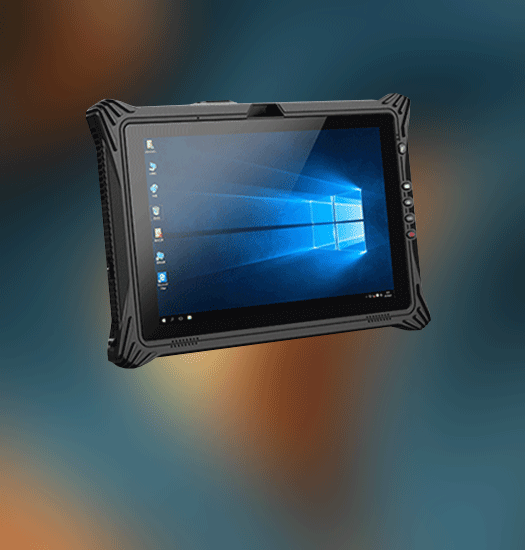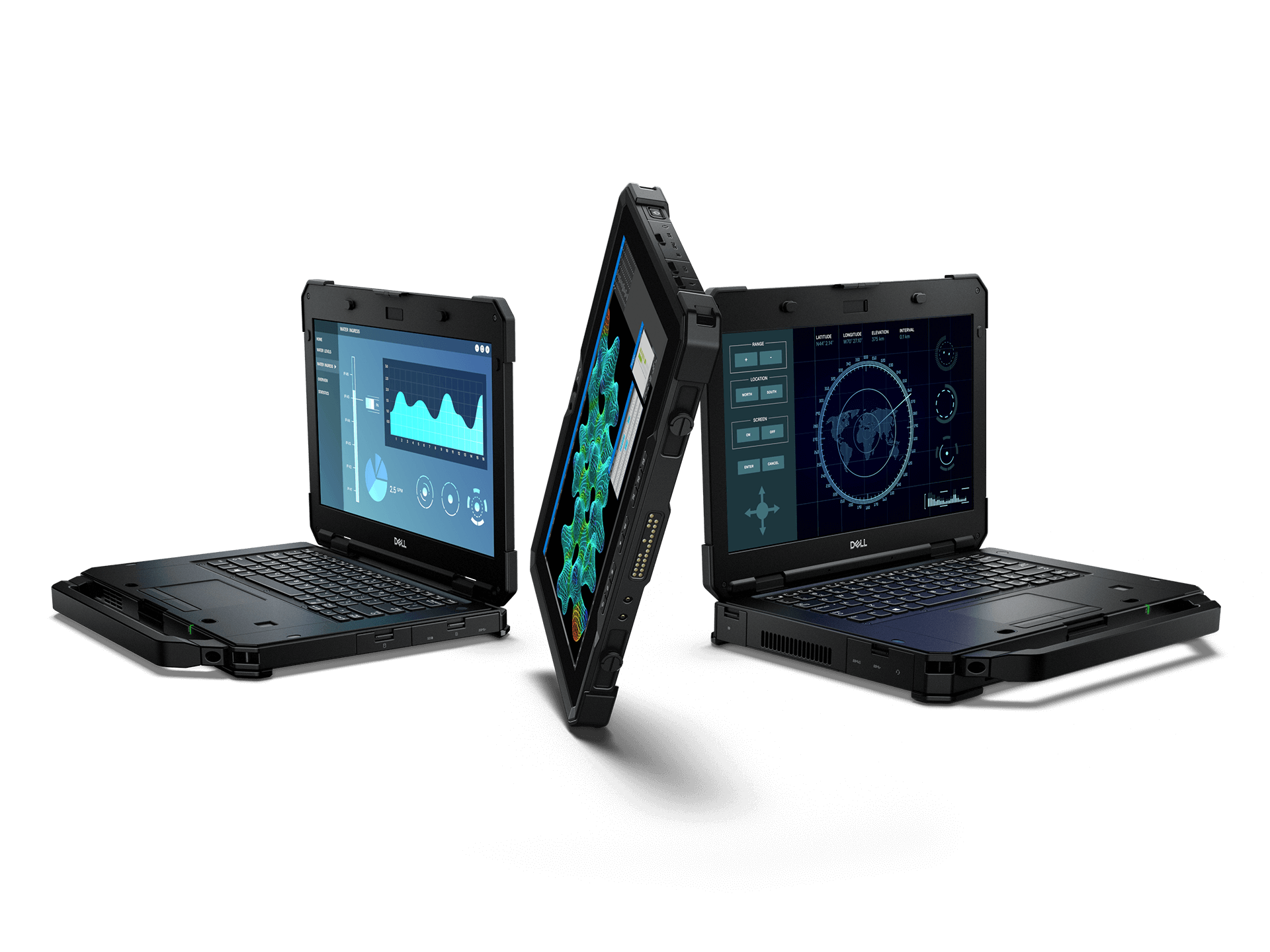Rugged Computers for Extreme conditions

Petroleum technicians face some of the harshest conditions any professional can expect in a day’s work. Technicians often operate in extreme heat or cold—sometimes on the same day. Some face rain, sleet, high humidity, blizzards, and even sandstorms.
Standard computers aren’t tough enough to get the job done in these environments. To survive all types of conditions, petroleum technicians need equipment that’s rugged enough to withstand the elements while functioning properly.
Rugged tech must meet Ingress Protection Standards, which measure how difficult it is for outside elements to get inside the device. A computer must have a minimum rating of IP6X to be considered fully-rugged, but a rating of 1P67 or higher will ensure the longest lifespan for a rugged computer in extreme industrial environments.
Another standard for rugged tech is the U.S. Department of Defense’s MIL-STD-810G rating, which is awarded to devices that have gone through various laboratory testing methods to evaluate the effects of the drop, extreme temperatures, rain, humidity, sand, dust, shock, and vibration.
Following are a few conditions to consider when selecting devices for petroleum technicians.

- Winter Conditions
When power needs to be restored to customers on a large scale, it’s usually because of a weather event such as a blizzard or ice storm. Petroleum technicians often find themselves in the worst of it.
To face the extreme cold, snow, ice, and sleet, they need tech equipment that’s going to function well in low temperatures with an IP rating to keep out liquid in any form. In cold environments, technicians also need to wear heavy gloves to keep their hands from getting frostbitten, so the equipment they use must be easy to operate—even with gloved hands.
A good device for this type of environment is the AcuPanel 12 Panel PC from Acura Embedded Systems. The ultra-rugged AcuPanel 12, with an IP67 rating, is engineered to operate in temperatures as low as -40F.
- Desert or Tropical Environments and Hurricanes
When technicians are called to jobs in hot, arid environments, they need equipment that can withstand high temperatures while keeping out sand and dust. But tropical environments with high humidity and harsh rain conditions can affect the internal circuits of a machine if it isn’t rugged enough.
In both cases, technicians require devices with bright screens that can be read easily in direct sunlight. The devices must also be tested to withstand high temperatures in various areas, including when they’re turned off when they’re operating normally, and when they go from being stored at higher-than-normal temperatures to being turned on.
Many companies use a step-down feature on the processor when running at high temperatures, which slows down the computer to protect it. But that leaves users disappointed and frustrated with the processing performance. You must ensure your devices will fully function at high temperatures.

- Underground Environments
Underground environments such as water-logged sewer systems require devices that can keep water and dampness out while maintaining functionality. These environments require an IP67 rating or better to optimize productivity and minimize the cost of repairs.
- High-altitude Environments
Sometimes petroleum technicians must operate in airplanes, so the technology, they use must be able to withstand the low-pressure conditions of being several mills above the Earth’s surface.
Some of Acura Technologies’ products meet the most rugged standards in their class, including MIL-STD-810G certification. They also certified for frontline fixed-wing and rotary aircrafts.
While your petroleum technicians may never encounter some of these extreme conditions, it’s important to have the right equipment that allows them to effectively do their jobs. More efficient work order management, accurate map routing, reduced time on site, and less equipment downtime can generate substantial cost savings that justify taking the extra time to select the right devices.
When evaluating technology, ask the manufacturer about the types of testing that are conducted on a regular basis to ensure the devices are as rugged as possible. Also ask if the warranty is based on the manufacturer’s rugged testing standards. If the manufacturer continually tests its products and shows confidence in their rugged capabilities by basing warranties on MIL-SID-810G and IP6X ratings, it’s more likely the products are built to last.
You don’t, however, want to go overboard and buy a rugged computer that’s too expensive when one with fewer or different features would have worked just as well. That’s why it’s important to do your research about the available devices and rest products in the field to ensure you’re getting the technology that will allow your technicians to power through

